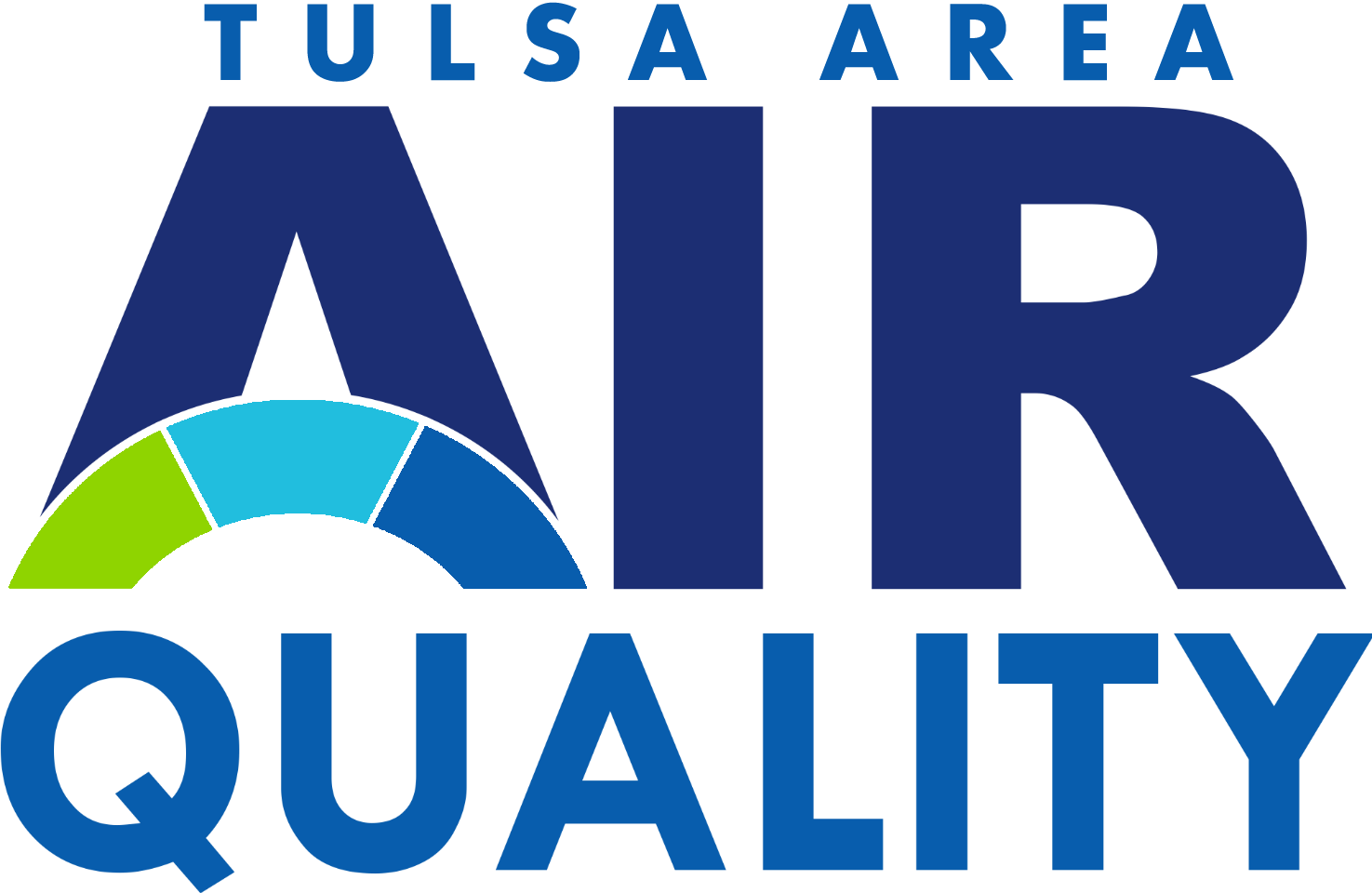Air Pollution and Your Health
Ground-level ozone and airborne particles are the two pollutants that pose the greatest threat to human health in the Tulsa area.
Ozone, a component of smog, can irritate your respiratory system, causing coughing, irritation in your throat or a burning sensation in your airways. It can reduce lung function, so that you may have feelings of chest tightness, wheezing, or shortness of breath. Ozone can aggravate asthma and trigger asthma attacks. People at greater risk from ground-level ozone are people with lung diseases, such as asthma, older adults and children and adults who are active outdoors.
Particle pollution, also known as particulate matter, is composed of microscopic solids or liquid droplets that are so small that they can get deep into the lungs and cause serious health problems. When exposed to these small particles, people with heart or lung diseases and older adults are more at risk of hospital and emergency room visits or, in some cases, even death from heart or lung disease. Even if you are healthy, you may experience temporary symptoms from exposure to elevated levels of particles. Symptoms may include: irritation of the eyes, nose and throat; coughing; phlegm; chest tightness; and shortness of breath. At greatest risk from particle pollution are people with heart or lung disease, older adults (possibly because they may have undiagnosed heart or lung disease), and children.
At-Risk Groups
Several groups of people are particularly sensitive to poor air quality – especially when they are active outdoors – because physical activity causes people to breathe faster and more deeply.
- Active children are especially at high risk from ozone exposure during the peak months of May through September because they often spend a large part of the summer playing outdoors. Children are also more likely to have asthma, which may be aggravated by ozone exposure.
- Active adults of all ages who exercise or work vigorously outdoors have a higher level of exposure to bad air quality than people who are less active.
- People with asthma or other respiratory diseases that make the lungs more vulnerable to the effects of bad air quality will generally experience health effects earlier and at lower ozone levels than less sensitive individuals.
In general, as concentrations of air pollution increases, more and more people experience health effects, the effects become more serious, and more people are admitted to the hospital for respiratory problems.
The health effects of ground-level ozone can include:
- Shortness of breath
- Chest pain when inhaling deeply
- Wheezing and coughing
- Increased susceptibility to respiratory infections
- Inflammation of the lungs and airways
- Increased risk of asthma attacks
- Increased need for medical treatment and hospital admission for people with lung
- diseases, like asthma or chronic obstructive pulmonary disease (COPD).
